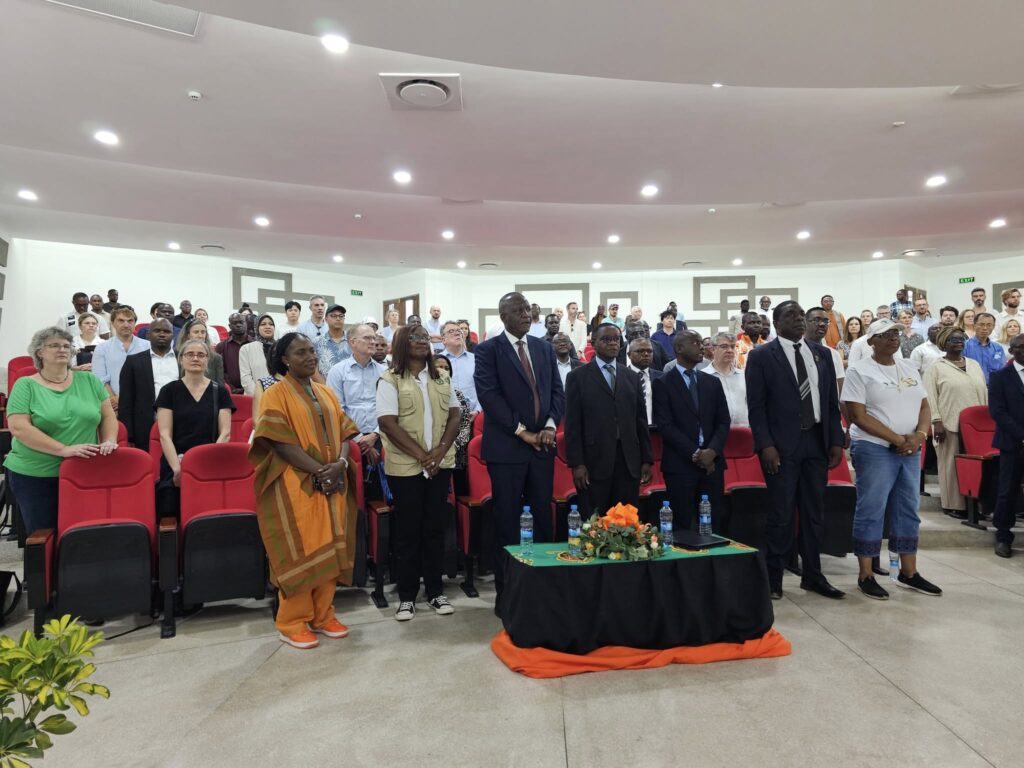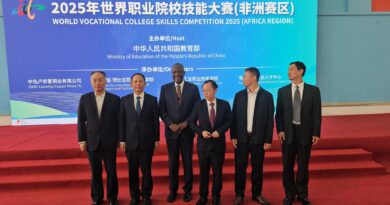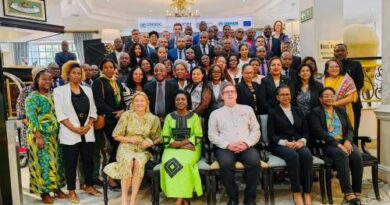Zambia Seeks AfDB Partnership to Advance Innovation and Technical Skills Development
Zambia’s Minister of Technology and Science, Hon. Felix C. Mutati, has called on the African Development Bank (AfDB) to continue its partnership with the Government of Zambia in establishing new polytechnic institutions and supporting the University of Zambia’s (UNZA) planned Innovation Village.
Speaking during a visit by AfDB Senior Vice President Ms. Marie-Laure Akin-Olugbade to UNZA, Minister Mutati said the initiative would equip Zambia’s workforce with critical skills in emerging technologies such as Artificial Intelligence (AI), essential for strengthening the nation’s key economic pillars of mining and agriculture.
The visit also marked the successful completion of the Skills and Training Enhancement Project (STEP), a $29.4 million investment launched in 2013 with AfDB support. The project modernised UNZA’s learning infrastructure and expanded access to technical education across the country.
UNZA Vice Chancellor, Professor Mundia Muya, highlighted that STEP had upgraded lecture theatres and installed advanced laboratory equipment in the Schools of Engineering and Mines. These improvements, he said, have enhanced collaboration with industry and generated income through commercial testing services.
Minister Mutati reported that the project enabled an additional 150,000 students to access skills training and provided over 11,400 merit-based scholarships—24% of which went to female students—marking a significant step towards gender inclusivity in STEM education.
Professor Muya further noted that the initiative helped UNZA comply with the Higher Education Act of 2021 by increasing the number of academic staff holding PhD qualifications.
Ms. Akin-Olugbade praised the project’s success, describing it as a “lasting legacy” in Zambia’s education and skills development landscape. “Investing in people is the surest path to driving Africa’s growth,” she said.
Looking ahead, Zambian officials expressed the need to align future AfDB support with the country’s ambitions to produce three million tonnes of copper and over ten million tonnes of agricultural output by 2031.
Minister Mutati outlined two key areas for partnership:
- Innovation Hub Support – Backing the establishment of the University Innovation Village (I-Village), envisioned as a collaborative hub linking academia, industry, and government to foster innovation.
- Polytechnic Development – Supporting the government’s revised policy to establish new polytechnic institutions focused on emerging technologies, including AI, to drive Zambia’s industrial and economic transformation.
“The old Africa of gifts is long gone,” Minister Mutati emphasised. “Zambia is ready to co-invest in projects that ensure sustainability and deliver tangible results.”
Professor Muya echoed the sentiment, noting that the I-Village would serve as a catalyst for innovation in strategic sectors such as Agritech, Healthtech, Fintech, and Precision Mining—advancing Zambia’s Vision 2030 and the African Union’s Agenda 2063.



